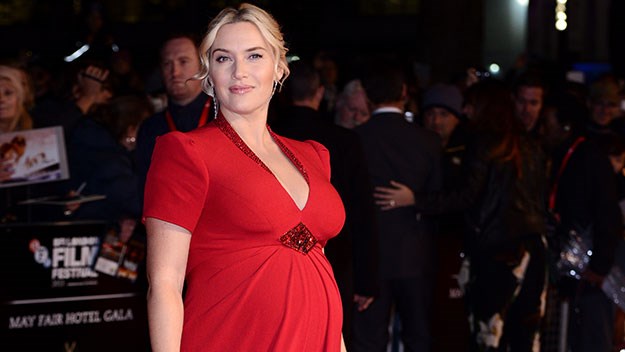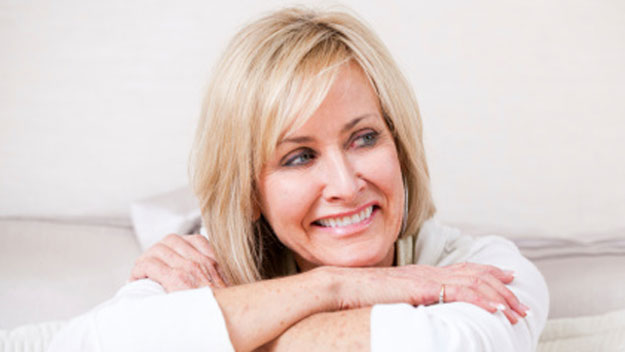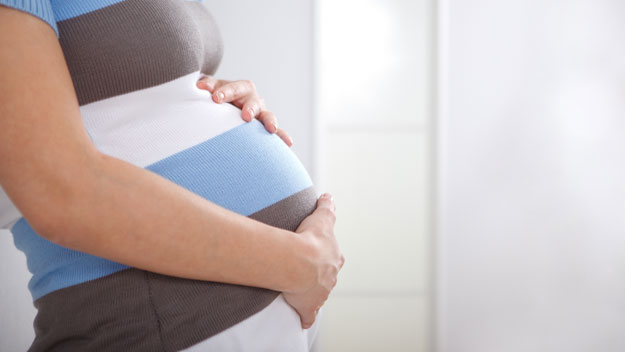A new US study has discovered that women having their last child after the age of 33 are twice as likely to live to 95 or older than those who stopped having children earlier.
The Boston University School of Medicine study – published this week in the Menopause medical journal – found a link exists between women who were able to conceive naturally and give birth after the age of 33 and women who live longer.
The study’s co-author Thomas Perls, a professor of medicine at Boston University (BU), told TIME the age at last childbirth can be indicative of a woman’s rate of aging.
“The natural ability to have a child at an older age likely indicates that a woman’s reproductive system is aging slowly, and therefore so is the rest of her body,” said Perls.
Previous studies by Perls have yielded similar results and found that women who had children over the age of 40 were four times more likely to live to 100 than women who had their last child earlier.
In Australia, the average age of first time mothers continues to rise. A government study found that in 2010, the average age of women having their first baby was 28 years, up slightly from 27.9 the previous year, and 27.5 in 2001.
Related: Uneducated women more likely to have a child out of wedlock
However Professor Perls warned that women should not use these results as a justification to hold off having kids.
“Of course this does not mean women should wait to have children at older ages in order to improve their own chances of living longer,” Perls told TIME.
The 462 women included in the BU study had a family history of remarkable longevity, and, in general, the probability of a woman being able to conceive naturally reduces the older she gets, he said.


